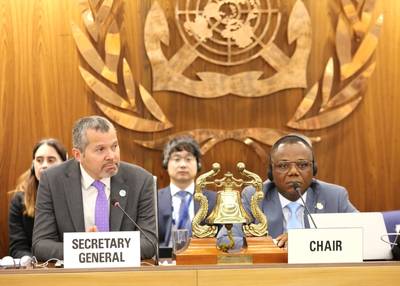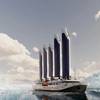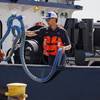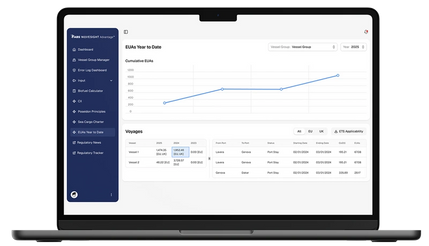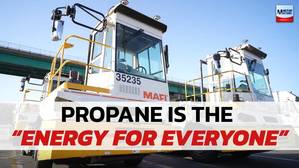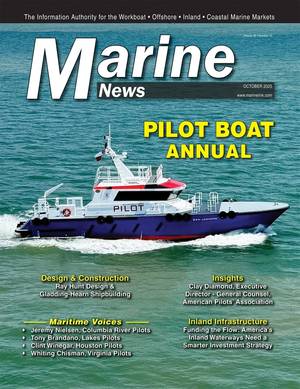Powering On with Methanol, or Not
This week, Rolls-Royce announced that it has successfully tested the world’s first high-speed marine engine powered exclusively by methanol on its test bench in Friedrichshafen.
Together with its partners in the meOHmare research project, Rolls-Royce says its engineers have therefore reached an important milestone on the road to climate-neutral and environmentally friendly propulsion solutions for shipping.
Also this week, Everllence announced the world’s first conversion of its B&W S90 two-stroke engine to dual-fuel methanol following successful sea-trials on the container ship COSCO Shipping Libra – a milestone for the retrofit market.
But where does methanol stand after the IMO postponed its decision on the Net-Zero Framework at MEPC/ES.2 (held October 14-17)?
The Methanol Institute says, while the postponement was a missed opportunity, it will provide additional time to address outstanding concerns and build broader consensus for the adoption of a global framework that can deliver on the IMO’s 2023 GHG strategy.
“The decision to adjourn by one year should not diminish the significance of the progress achieved so far,” said Felicia Mester, Managing Director for Europe and IMO at the Methanol Institute. “A global framework remains the most effective pathway for a global, coordinated transition to net zero in shipping.’’
A clear and predictable regulatory framework would help pave the way for the scale up of fuels such as methanol and the infrastructure required to deliver it at scale.
And scale is required. Accelleron’s latest report Deadlock: what’s stopping shipping’s carbon-neutral fuel transition estimates that to supply shipping’s 2050 needs, any single carbon neutral fuel would have to scale to levels that dwarf current global production. Each year, full decarbonization would require 803 million tons of methanol, 859 million tons of ammonia, or 333 million tons of LNG.
One of the problems holding scaling back, says Accelleron, is that large shipping companies are hedging against uncertainty by ordering dual-fuel vessels across LNG, methanol, and ammonia. While rational at the corporate level, this fragments demand and prevents the concentrated offtake that producers need to reach final investment decisions.
“Most majors have slowed or shelved large-scale green hydrogen ventures, not only because shipping cannot afford it, but because no single sector can,” the report states. “The ripple effect of a wait-and-see approach is paralysis. Fuel producers will not build without offtake guarantees. Shipowners will not sign offtake without price and availability clarity. Banks will not lend without ESG clarity and long-term certainty.”
It's not technology that is holding shipping back. “We built the ships. The fuels did not come,” says Daniel Bischofberger, CEO of Accelleron, who is calling for cross-sector collaboration.
Will that come without IMO support? The postponement adds to uncertainty about any future decisions that might be made at the IMO. As Secretary-General Arsenio Dominguez said in his opening address to MEPC/ES.2 on October 14: “Prolonged uncertainty will put off investments and diminish confidence in IMO.”
A matter of concern to InterManager Members is “the deep division that has been created between the oil-producers against other IMO Members which does not augur well for IMO GHG ambitions since, no doubt, further delays will be inflicted in due course,” said Captain Paddy McKnight in his report on the IMO meeting for InterManager.
Frode Morkedal, Managing Director of Clarksons Securities, said a global carbon price would have spurred newbuilding, encouraged slow steaming, and accelerated scrapping of obsolete ships. “Now that rhythm is disrupted.” Instead, ordering is likely to slow down, and conventional designs will regain favor.
University College London (UCL) also sees increased uncertainty about whether the planned regulations will be ever adopted. However, UCL noted in its review of the second week of negotiations (ISWG-GHG 20 held October 20-24) that the IMO working group made steady progress on details for the regulation’s implementation. Many of the countries which had been negative towards adoption in the previous week were back to negotiating their preferences on key implementation details.




